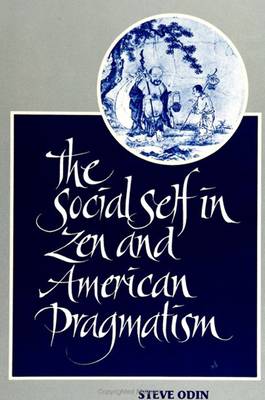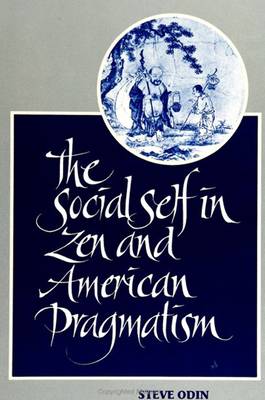
- Retrait gratuit dans votre magasin Club
- 7.000.000 titres dans notre catalogue
- Payer en toute sécurité
- Toujours un magasin près de chez vous
- Retrait gratuit dans votre magasin Club
- 7.000.0000 titres dans notre catalogue
- Payer en toute sécurité
- Toujours un magasin près de chez vous
Description
The first book on East-West comparative thought to critically analyze the Zen Buddhist model of self in modern Japanese philosophy from the standpoint of American pragmatism
The thesis of this work is that in both modern Japanese philosophy and American pragmatism there has been a paradigm shift from a monological concept of self as an isolated "I" to a dialogical concept of the social self as an "I-Thou relation," including a communication model of self as an individual-society interaction. It is also shown that for both traditions all aesthetic, moral, and religious values are a function of the social self arising through communicative interaction between the individual and society. However, at the same time this work critically examines major ideological conflicts arising between the social self theories of modern Japanese philosophy and American pragmatism with respect to such problems as individualism versus collectivism, freedom versus determinism, liberalism versus communitarianism, and relativism versus objectivism.
Spécifications
Parties prenantes
- Auteur(s) :
- Editeur:
Contenu
- Nombre de pages :
- 482
- Langue:
- Anglais
- Collection :
Caractéristiques
- EAN:
- 9780791424926
- Date de parution :
- 10-01-96
- Format:
- Livre broché
- Format numérique:
- Trade paperback (VS)
- Dimensions :
- 150 mm x 228 mm
- Poids :
- 657 g

Les avis
Nous publions uniquement les avis qui respectent les conditions requises. Consultez nos conditions pour les avis.






